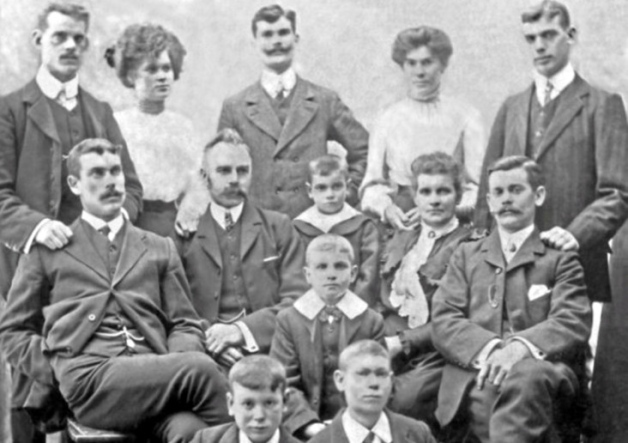When four brothers left for the First World War and never came back, their mother was absolutely torn. Elizabeth Cranston had seven out of ten sons who were old enough to enlist, and all of them marched off to join the fray. One came back okay, two came back wounded, and the rest were never seen again. Now, the story of a mother’s fading sanity in the wake of the First World War has been told in the form of a book.
Cranston found it difficult to stay in England following the loss of her sons. She decided to move to Australia, in the hopes that she may find a geographical cure for her woes. Unfortunately, it was to no avail. In the years following the First World War, she found herself in an alternate reality in which her sons were still alive and simply had not returned. In the spirit of this belief, she spent countless hours waiting by the railway under the false impression that her lost sons might step off of the train at any second.
All four of her deceased sons met different ends. The youngest, James, suffered tuberculosis during training. The next, Adam, vanished during the Battle of Ancre. The third, John, fell to artillery at Somme (one of the deadliest battles of the First World War) and received a Distinguished Conduct award after his death. The oldest, Alex, was also supposed to have died at the Somme, though his body was never recovered, the Mail Online reports.
Two of the three survivors did not fare so well, either. Her son William left the fray with only seven fingers and one eye. His brother, George, fell prey to the horrific gas attacks which famously plagued the First World War, and it left his flesh in disarray until the end of his days. The only one to leave without suffering death or terrible injury was Robert, who flew with the airmen and fortunately never had to experience trench warfare.
Her terror at the effect the First World War had on her family left Elizabeth Cranston a shell of her former self, and she was left in a state of psychosis for the rest of her life. Even those who were not old enough to fight were affected by the events, with her youngest son succumbing to alcoholism. The new book, Blood on the Thistle, is written by Cranston’s great-grandson and will explore in detail the story of his long-lost relatives, exploring the fate each of them met through the destruction of the First World War.
